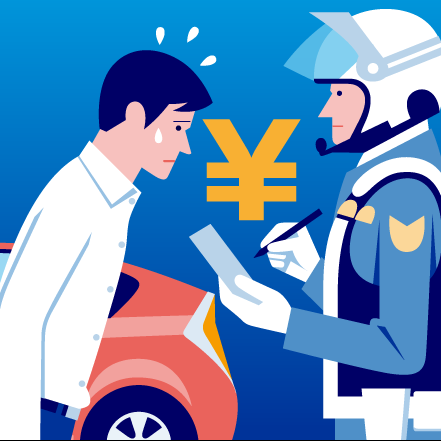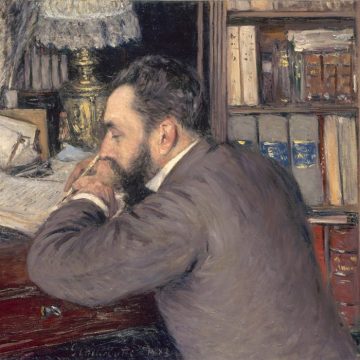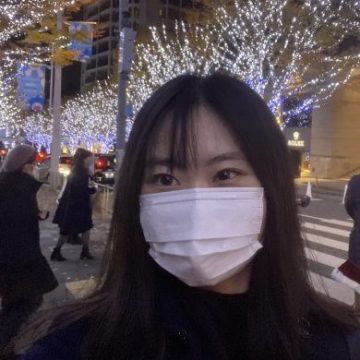Relationship between Permanent Residency Review and Traffic Violations
1.No Violations of Japanese Laws Resulting in Imprisonment, Detention, or Fines
- The permanent residency examination requires individuals to have no record of imprisonment, detention, fines, compulsory labor, or suspended sentences due to violations of Japanese laws.
- If someone has been sentenced to imprisonment or detention, they must wait for 10 years after their release (or 5 years if they had a suspended sentence) before their violation is not considered in the examination. For fines, compulsory labor, or suspended sentences, a waiting period of 5 years after completing the necessary requirements (such as fine payment) is required. Ongoing protective measures under the Juvenile Law should also be avoided.
- Serious traffic violations that may result in imprisonment or fines include dangerous driving leading to death, drunk driving, drug-related driving, driving without a license, and severe speeding offenses (exceeding 30 km/h on regular roads or 40 km/h on highways, excluding traffic violation warning system cases).
2.No Repeated Acts of Illegal Activities or Disruptive Conduct in Daily and Social Life
- The examination also considers the absence of repeated minor violations or disruptive behavior in daily and social life, excluding those punishable by imprisonment, detention, fines, compulsory labor, or suspended sentences.
- Examples of such violations include repeated traffic violations resulting in fines and engaging in more than 28 hours of work per week for family members staying in Japan on a dependent visa, as well as receiving multiple warnings for activities like public demonstrations.
Relation between Traffic Violation Fines and Permanent Residency Examination:
- Traffic violation fines refer to monetary penalties imposed for minor traffic violations with a point system of less than 6 points. If the violation is relatively minor, a “Traffic Violation Notice” (commonly known as a “Blue Ticket”) is issued, which does not lead to criminal charges if the fine is paid. Therefore, there is no need to pay a fine in such cases. However, failure to pay the fine or repeated violations may result in criminal charges, leading to fines or imprisonment.
- It should be noted that although traffic violation fines are not considered criminal penalties, repeated instances of such violations can be seen as engaging in illegal activities or disruptive behavior. In the examination, it is generally difficult to have more than 5 violations in the past 5 years or 4 or more violations in the past 2 years. To confirm past violations such as parking offenses, which may not be well-remembered, individuals can obtain their driving records from the police station.
Examples of Traffic Violations Resulting in Fines:
- Running a red light, parking violations, using a mobile phone while driving, noisy driving, improper vehicle maintenance (e.g., using regular tires on snowy roads), etc.
Finally, for serious offenses such as driving without a license, drunk driving, or hit-and-run accidents that result in imprisonment, detention, fines, compulsory labor, or suspended sentences, a waiting period of 5 years after completing the necessary requirements, including fine payment, is necessary before they are not considered during the examination.










